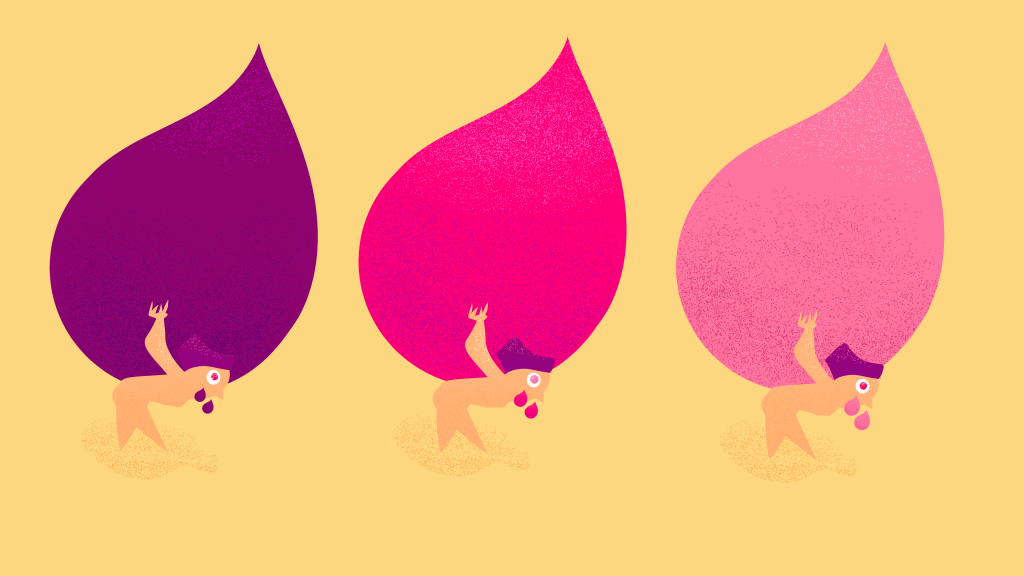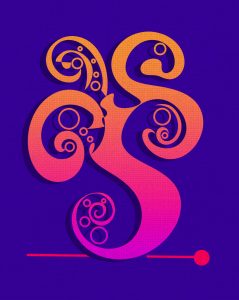
23.04.2017
In Thomas Hardy’s novel, Jude the Obscure, the eponymous character at first makes an elementary mistake in translation. He believes that words have fixed meanings independent of context. It is progress in the language under study that enables Jude to see that context determines meaning. Words have a plasticity, not a fixity. Their situation is what gives them meanings. In this piece of writing, I want to investigate the meanings of the word “ruswa” which is used in a number of South Asian languages. Ruswa is a word which aims to convey a particular emotion. I want to stress the multiple meanings and understandings of the word rather than insisting on one univocal meaning. I will first outline the differing contemporary interpretations of the word by summarising arguments from an online translation site. I will then investigate my own meaning of the word through the use of autobiography. I will then reflect upon the political implications of “ruswa”.
I first began to think about the word “ruswa” while I was translating myself. One of the major loves of my life is Hindi music from Hindi film soundtracks. However, Hindi is not the language that I speak at home. I am therefore a life-long student of the Hindi tongue. There is a particularly lovely song from the movie Aashiqui 2 (Love/Romance 2) entitled Sun Raha Hai Na Tu, Ro Raha Hoon Main (Are you listening? I am crying) which had a few words which I didn’t know the meaning of. It was while I was reading the song translation that I stumbled upon the equivocal significations of “ruswa”. I had first thought that I knew what the meaning of the word was. It seemed that there was much more argument over the word than I could have imagined.
The online translation of the song can be found here: http://www.bollymeaning.com/2013/04/sun-raha-hai-na-tu-ro-raha-hoon-main.html . I will present the part of the song that is illustrated, so that the reader can see the context (legally for ‘fair use’, non-commercial and scholarly purposes of commentary):
Manzilein ruswa hain – (my) destinations are not cared for..
Khoyaa hai raasta – the path is lost..
Aaye le jaaye – (Someone, you actually) comes and takes me away
Itni si iltijaa – only this is my small wish..
Ye meri zamaanat hai – This is my surety,
Tu meri amaanat hai.. – you’re mine..
Haan.. – yes
Ruswa is translated by the website’s translator as “are not cared for”. While I had thought ruswa was an emotion in itself, the translator related it to emotion by relating it to the emotions of other people. This translation was very controversial and drew dissent from a number of interpreters, who posted their thoughts in the comments section underneath the translated song. I will summarise some of the positions. An anonymous commentator wrote:
“dude you don’t know the meaning of “ruswa”?? it’s not angry or annoyed. it means “badnaam” or “negatively famous” or simply “infamous””
This first meaning was one that I had never associated with the word ruswa. There was a reply to this first comment: “Ruswa means sad..so the translator s almst right”. This meaning was more in keeping with my own position. It stressed that ruswa was an emotion, although I did not see the emotion as being one of sadness myself.
Both of these translations of ruswa aroused further discord. The next poster wrote:
“Ruswa neither means sad nor angry… or badnaam or even annoy. It means destroy… manzilein ruswa he… translates to my goals or destinations or simply dreams… are destroyed….”
Here was something that was new to my ears again. There seemed to be an element of violence in the word ruswa according to this latest poster. Other interpretations of the word ruswa then surfaced. Here were the other definitions:
- Sad/upset
- “khafa hona” (to become separate, alienated)
- “Naraz hona” (to be angry)
- Ruined
- Wtf
- Dishonoured
- negative
- blocked
There were a whole host of seemingly differing interpretations around the word ruswa. Each interpreter thought that they were right in assigning their own meaning and that everyone else was wrong. However, there were some, like myself, who also thought that everyone’s meaning was equally valid. My own thoughts are that ruswa is such a complicated term that it can mean several things at once, whether or not we can see all aspects of the word and the relationships to self and other that it entails. It was very illuminating to see how much discord there was around this word in a contemporary song by contemporary commentators. Clearly, language is not the shared resource that some people claim that it is, but rather an all-out war of interpretation and meaning in which meanings and significations are highly contested over.
I want to outline my own interpretation of ruswa through an autobiographical example, for I have been “ruswa” myself as a child. In Punjabi, which is my mother tongue, I was “ruswa”. However, in Punjabi, the word “ruswa” was never used. The sentence that was used is “oho russ gaya” (He has become ruswa). The English translation that was used is “sulky” – He is sulking. I was frequently ruswa as a child and the terms were used a lot. I can well remember what the emotion of ruswa entailed in my particular situation.
I would become ruswa when my will and my desire was thwarted, when I thought that my family hadn’t taken me into consideration. Ruswa was set in the context of competing wills and desires: those between an organisation or collective (the family) and the individual (me). The original translator of the word ruswa was right: the emotion entailed a sense of being uncared for, or neglected. The emotion of ruswa entailed a particular feeling. The moisture in my throat would disappear, leaving me with a parched feeling in my body. There was a slight feeling of pain in my head. I felt angry (naraaz). I felt alone. I felt alienated, separated from others. I was misunderstood. I was the victim of power: the organisation, which was more powerful than myself, had tried to destroy my will and desire. The organisation had tried to destroy me (destruction and violence). However, this destruction had given rise to a peculiar feeling of individuality: I was now more myself in my hurt than I could have been if I was part of the collective.
The emotion of ruswa led to a particular strategy in which I expressed my emotion to the organisation (the family). However, my power as a child was severely limited by the range of relationship that I could take and forms of action against the organisation, the family. The act of resistance was in silence and active separation, termed misleadingly by western commentators as “passive aggression”. I would sulk. I wouldn’t communicate with anyone, or share their language. I would refute their entreaties. I wouldn’t be consoled or comforted. I would dwell upon my injury. The emotion of ruswa in my mind is connected with a word which none of the commentators on the website touched upon: aggrievement. The dictionary definition of aggrievement is the quality or state of being aggrieved, which Miriam-Webster defines as:
- : troubled or distressed in spirit
- 2a : suffering from an infringement or denial of legal rights aggrieved minority groupsb : showing or expressing grief, injury, or offense an aggrieved plea(https://www.merriam-webster.com/dictionary/aggrieved )
For me, ruswa was aggrievement. I had been slighted. I had been oppressed. As the party of limited power, as a child, I had suffered from an infringement or denial or rights. There was a response to injustice in the emotion of ruswa for me. I was the victim of injustice. I had been oppressed by the many. I was in the minority and made to feel it.
Ruswa then, in my translation, in my own personal response, is aggrievement. It is connected to justice and injustice. It is connected to the rights of the minorities and those with lesser power against the will and desire of the majority and their greater power. In contradiction to the other interpreters of the word, my definition of ruswa is connected to law, justice and power, to the relationship between the minorities with less power and the majorities with more power.
For me, ruswa is a political term. I am still ruswa. I haven’t changed. However, the family has been replaced by this society that I live in. The meanings of ruswa, which is a specific emotion, expresses the position that this society is trying to put me in. I am still caught up in ruswa. Being ruswa is a result of politics and power and the expression of ruswa is a result of politics and power and the expression of language and resistance. Ruswa is a word that every minority group in the world has felt and known. However, they have never been able to fully express what ruswa means in a language that the world will understand. To understand ruswa fully, one has to be ruswa. And being ruswa also means that one does not fully know ruswa: one is caught up in the trap of self-reference, out of which one cannot escape. Being ruswa means being limited and severely constrained, both physically and mentally.
I ask the reader to dwell upon the meanings of ruswa. I can only see aspects of ruswa, just as others can only see aspects of it. When I was a child, the emotion of ruswa would go away for a while and then resurface. I was trapped in a relationship outside of which there was no escape: the family. Even know, while I am trapped in the relationship of this society, there is no escape for the one who is ruswa. To escape the emotion of ruswa would take a world-altering event and only then would one be able to see what ruswa had meant, for it would be no more.
